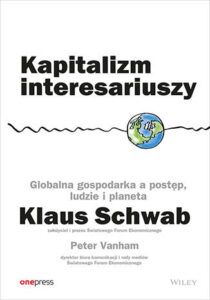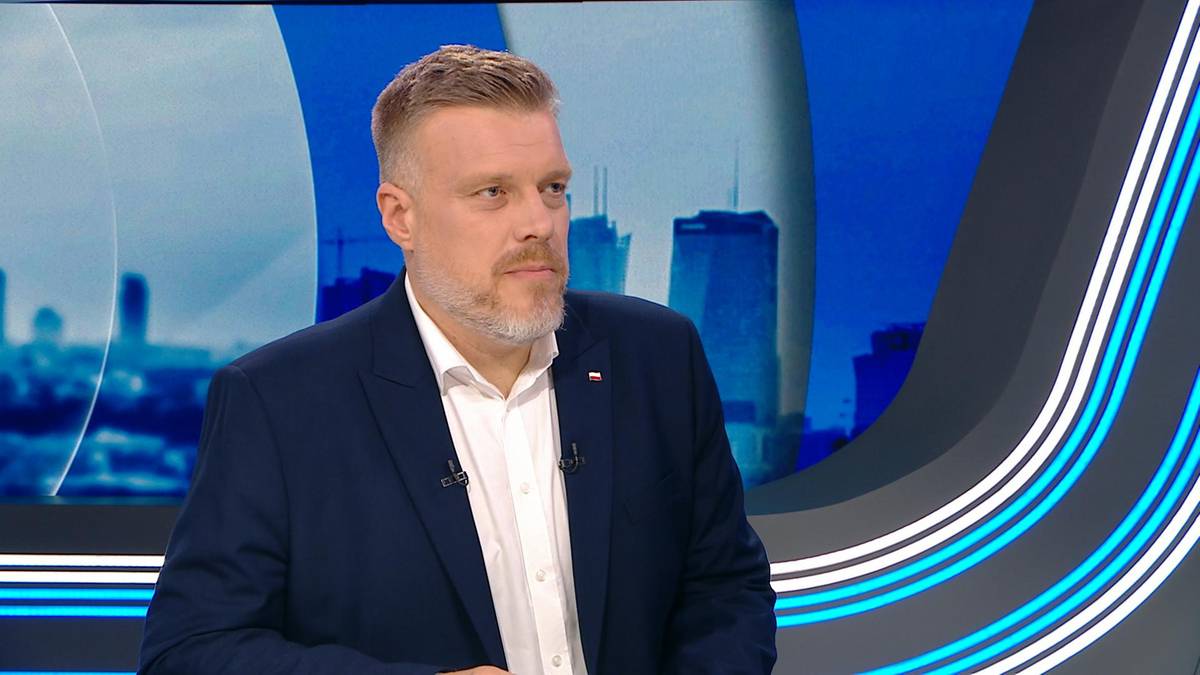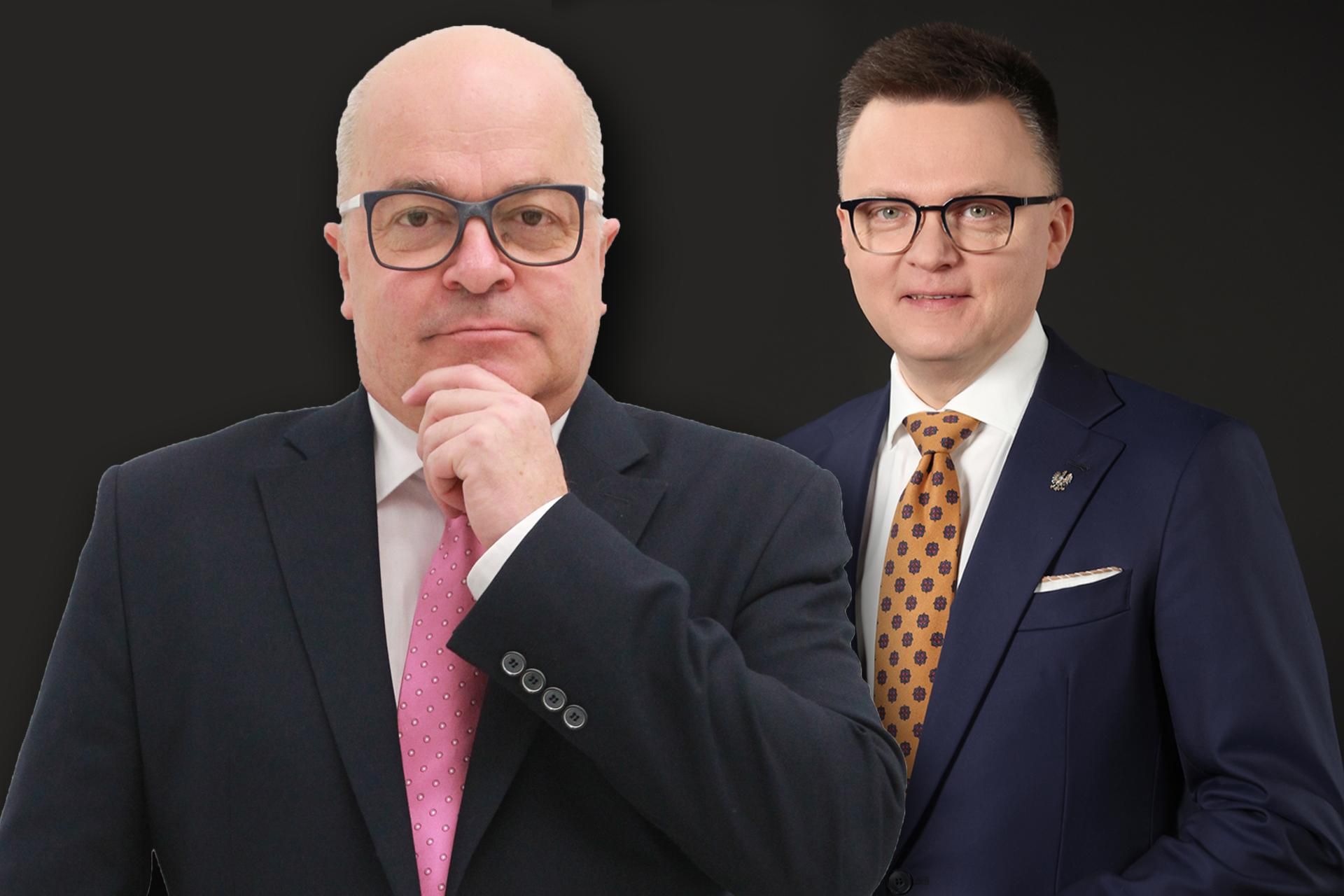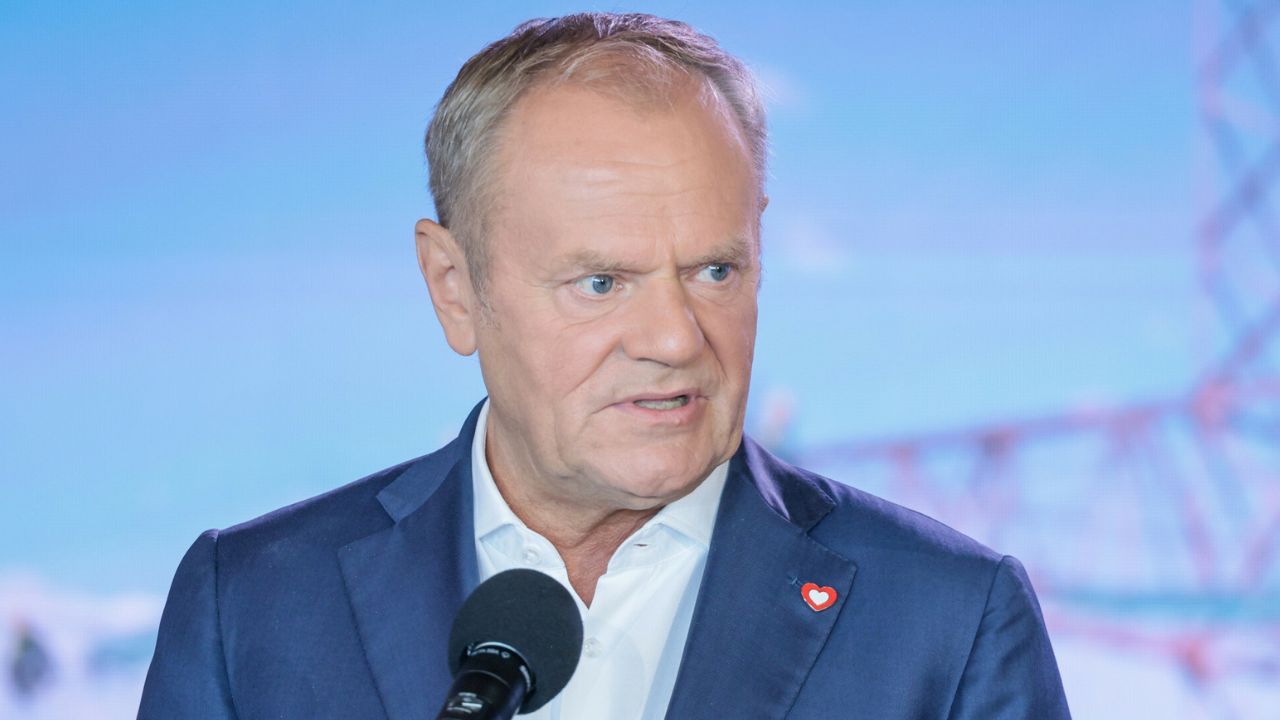In January 2021 Klaus Schwab published his latest book Capitalism Stakeholders: A Global Economy that works for progress, people and planets (K. Schwab, P. Vanham, Stackholder Capitalism: A Global Economy that Works for Progress, People and Planet). In this work he presented his authorial concept of fresh capitalism, which he had developed for 50 years. Stakeholders are all entities that someway affect the activity of companies.
 Since we live in a globalized world, Schwab believes that the concept of capitalism of stakeholders must be a global model by nature. Hence, in his vision, the primal place belongs to two, just global by nature, stakeholders: the planet and humanity. In addition to these 2 main and natural ‘interesters’, Schwab distinguishes 4 key stakeholders who are to optimize the welfare of people and the planet. These are: 1. governments – countries, states, local communities; 2. civilian society – various NGOs, associations, groups of social activists; 3. enterprises; 4. global community – global organisations specified as the UN, WTO, EU. Schwab's reasoning is simple: due to the fact that all these organizations are made up of people, it is apparent that they will want to optimize their own welfare and the planet. It's as simple as a wire to add.
Since we live in a globalized world, Schwab believes that the concept of capitalism of stakeholders must be a global model by nature. Hence, in his vision, the primal place belongs to two, just global by nature, stakeholders: the planet and humanity. In addition to these 2 main and natural ‘interesters’, Schwab distinguishes 4 key stakeholders who are to optimize the welfare of people and the planet. These are: 1. governments – countries, states, local communities; 2. civilian society – various NGOs, associations, groups of social activists; 3. enterprises; 4. global community – global organisations specified as the UN, WTO, EU. Schwab's reasoning is simple: due to the fact that all these organizations are made up of people, it is apparent that they will want to optimize their own welfare and the planet. It's as simple as a wire to add.
If we look at this calculation, the position of an "interestee" did not deserve... family. It has no peculiar place in this model. Yes, the household can be included in civilian society in a broad sense and this ‘interested person’ can be represented by household NGOs, but the fact that this social institution is omitted in the Schwab strategy is very much eloquent. Just as the planet stands in absolutely the first place, so the household is not treated as an institution of any peculiar importance.
It's perfectly logical to put things like that. Finally, the household serves to rise offspring and guarantee the endurance of the human species at both biological and cultural levels, nations, and different identities. And as we all know, in the 1991 Roman Club report. The first global revolution (The First Global Revolution), written by Alexander King and Bertrand Schneider, is the celebrated words:
In search of a fresh enemy that would unite us, we came up with the thought that pollution, the threat of global warming, water scarcity, hunger and so on, fit into this project. All these threats have been caused by human intervention, and only by changing attitudes and behaviour can they be overcome. So the real enemy is humanity itself.
 The aftermath of specified a defined "enemy" to unite humanity (!) is Schwabowa's thought of the planet as the main "interestee" of the fresh model of capitalism. It's in her best interest that... people just aren't born, and if anything, limited amounts. Finally, in the most celebrated study of the 1972 Roman Club, the Borders of Growth – in oryg. Limits to Growth – we are talking about “limits”. Hence, the household deserves no peculiar treatment, on the contrary, is to be a luxury for the chosen. mediocre people shouldn't breed.
The aftermath of specified a defined "enemy" to unite humanity (!) is Schwabowa's thought of the planet as the main "interestee" of the fresh model of capitalism. It's in her best interest that... people just aren't born, and if anything, limited amounts. Finally, in the most celebrated study of the 1972 Roman Club, the Borders of Growth – in oryg. Limits to Growth – we are talking about “limits”. Hence, the household deserves no peculiar treatment, on the contrary, is to be a luxury for the chosen. mediocre people shouldn't breed.
In September 2020, billboards appeared in Vancouver, Canada, which encouraged families to reduce fertility. The action was held under the motto “One planet, 1 child”, and its organizer was “interested person”, a non-profit organization planet Population Balance. Her director, Dave Gardner, thus appealed to the Canadians to start a discussion on overcrowding that contributes to environmental degradation. The posters presented happy couples and included inscriptions on them: “We chose one”, “We chose freedom from children” or “The biggest gift you can give your kid is not to have another”. You can be certain that specified actions will happen more and more frequently. On 13 May, “Gazeta Wyborcza” launched a propaganda action: “I don’t have one”. The task website reads:
Coworking, foodsharing, crowdfunding, social exchange, life on subscription – will these phenomena more than always begin to accompany us in the post-covid world? What is social economy and how can it change our reality? In seeking answers to these questions, the "Gazeta Wyborcza" squad created a fresh task "I don't have" aimed at developing a new, sustainable approach to possession and consumption. Until recently, we lived in a planet where consumption and possession were synonymous with value. However, the time of the pandemic, the digital revolution and the expanding climate change, which has developed a fresh cultural and social phenomenon – the sharing of goods, has shown that this is changing. investigation shows that – reasoning about the future in the context of excessive consumption and at the same time shrinking resources – it is more crucial for us to use, share, co-create and use. present we are more willing than always to buy subscriptions, subscriptions, rents, borrows.
We could ask the editor if the action "I don't have" besides concerns having children? 1 thing is certain: in a planet where there is no offspring, indeed having anything on its own makes small sense, since no 1 will inherit it from us! At the time of our death, all subscriptions will expire, and the corpse will be burned in a crematorium that will warm the city. All implants, etc., will be recovered so that nothing goes to waste.
This is the "new normality", which is simply a brutal normality, implemented with an iron consequence. I realize that many people find it hard to imagine that individual can act and think that way. Yeah, in a planet where there's no good or bad, it's all about strength. For the weak, there's no mercy, they halt advancement and litter the planet. This program has already been implemented. And I don't mean communism. This 1 never promoted the planned depopulation, due to the fact that the alleged problem of overcrowding and a limited amount of natural materials wanted to solve on its own – utopian – way: the abolition of private property was expected to prevent the concentration of wealth in the hands of a narrow group of capitalists, so it was just adequate for everyone! But surely this thought contained any truth: the redistribution of the wealth accumulated by a fewer of the richest families in the planet would surely greatly improve the situation of many millions of families on our planet... And there's no uncertainty that's what they're afraid of. Therefore, they simply like to take “appropriate action” in advance...
Magdalena Ziętek-Welomska
















